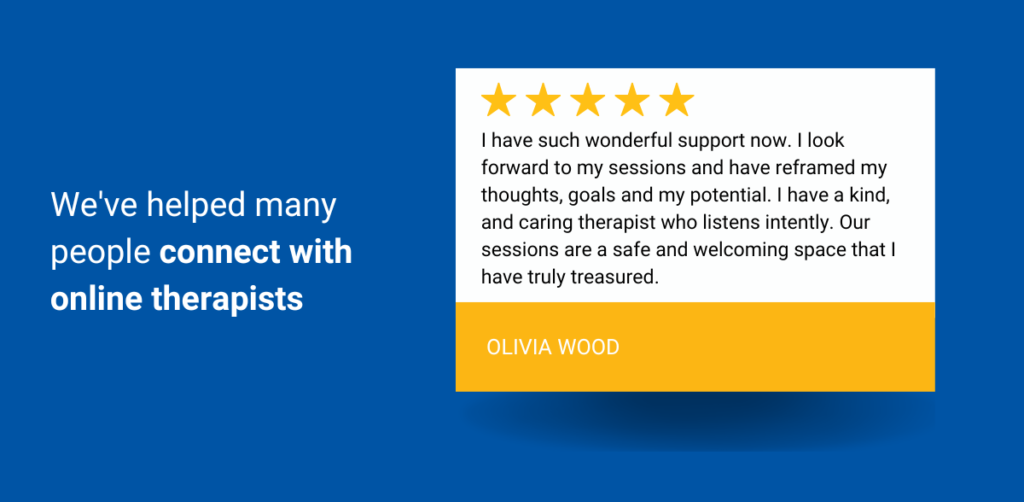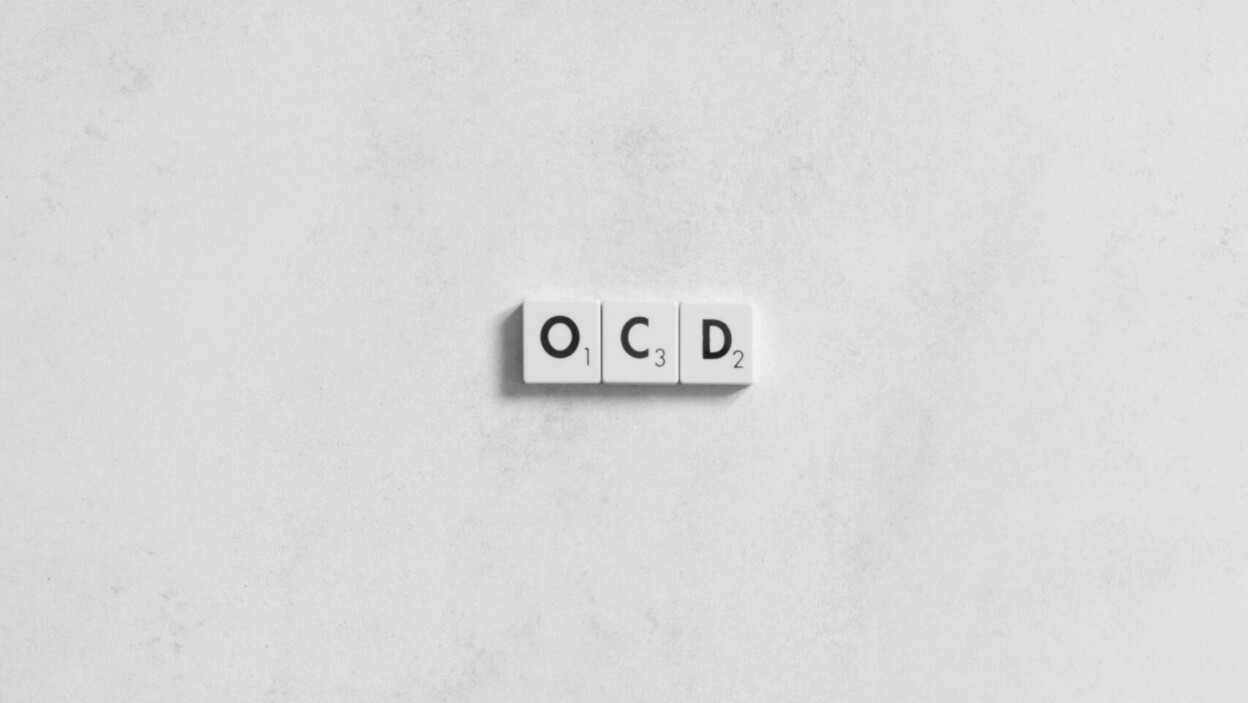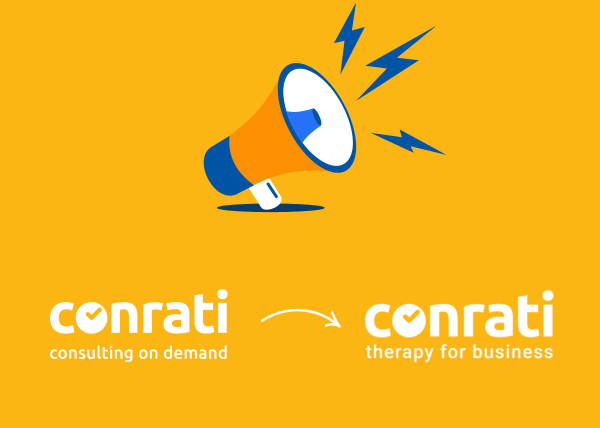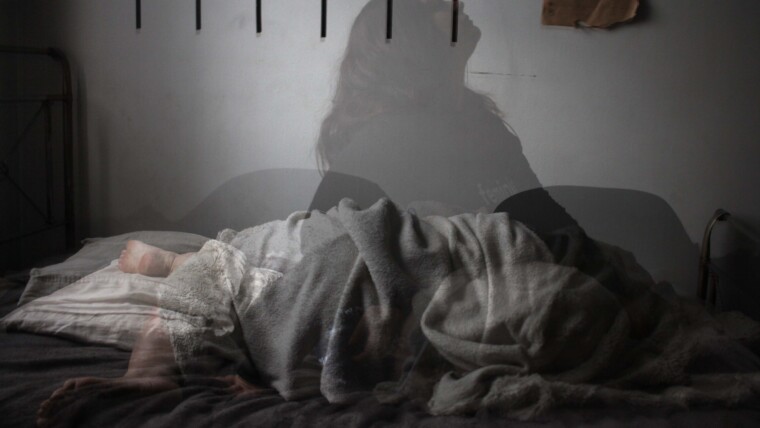Obsessive-compulsive disorder, also known as OCD, is a common mental health disorder that affects people of all ages and walks of life. It occurs when a person gets caught in a cycle of obsessions and compulsions.
Obsessions are recurrent, intrusive thoughts that cannot be controlled and cause intense anxiety.
Common obsessive thoughts include:
- Fearing contamination or dirt on or around a person
- Having doubt or difficulty tolerating or adapting to uncertainty
- Constantly needing things to be symmetrical or orderly
- Fearful thoughts about losing control or harming others or yourself
- Intrusive thoughts including aggression, religious or sexual thoughts
Compulsions are actions that are used to control or reduce anxiety caused by obsessions, in ways that affect a person’s daily life. This can be in the form of certain behaviours, rituals or routines. These actions are done repeatedly and no pleasure is received from it, however, the feeling to follow along with their anxiety will get worse.

Compulsion symptoms include:
- Double-checking
- Constantly cleaning and washing
- Unintentional counting
- Desire for extreme orderliness
- Following a strict routine everyday
- Demanding reassurance
You may find yourself trying to stop or even ignore your obsessions, but this will only increase your distress and anxiety which ultimately triggers the compulsive actions and ritualistic behaviour, thus in turn, creating a cycle of Obsessive Compulsive Disorder (OCD).

What can cause Obsessive Compulsive Disorder (OCD)?
Experts do not have a clear answer to what causes OCD. There are many factors which may play a role such as:
- Genetics: OCD has been found to be hereditary.
- Brain abnormalities: Low levels of serotonin, the natural substance in the brain that maintains mental balance. Or overactivity in areas of the brain.
- Environmental factors such as:
- Changes in living situation: Moving, getting married or divorced, starting a new job or changing schools
- Challenges at work or at school
- Challenges with an important person in your life
- Death of a loved one or an emotional trauma
- A history of abuse
- Illnesses that cause you to constantly fixate on germs
Other anxiety problems, depression, eating disorders, or substance abuse may be present with OCD simultaneously.
Do I have Obsessive Compulsive Disorder (OCD)?
Obsessive compulsive disorder is diagnosed through a clinical professional. At times, we may feel confused as to whether or not we should seek out that help to discover if we have OCD or not. Moving in the right direction towards taking care of yourself is important.

How do I take the first step?
Acknowledging that your mental health is important is the first step to seeking guidance. All too often people stop short of seeking help out of fear their concerns aren’t legitimate or severe enough to warrant professional intervention. There are many professionals available all around the world. Conrati has made them all available to you. Right now, expert advice is just a click away.
Disclaimer: This article is written and published for educational purposes. It is not intended on substituting a professional diagnosis. If you suspect that you may have OCD or any other mental health condition, we suggest you seek help from a mental health professional.









4 Replies to What is obsessive compulsive disorder (OCD)?
Why your child should have a tutor
Conrati nominated as a Top Environmental Consulting Company by Futurology
Mentorship for the Mentee
How to boost 8 different forms of health
How to boost 8 different forms of health
Conrati nominated as a Top Environmental Consulting Company by Futurology
How social media affects mental health
Understanding Bipolar Disorder